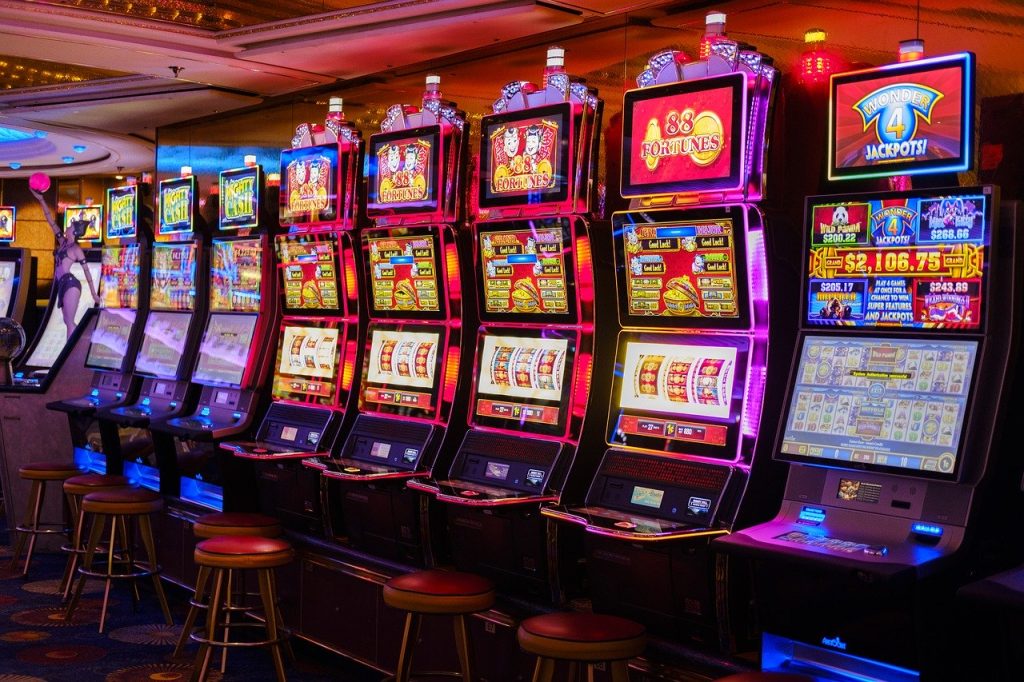Online casino gaming has become an exciting way for enthusiasts to enjoy thrilling entertainment while aiming for big rewards. With the right opportunities, players can elevate their experience and maximize their chances of success. Naja999 exclusive offers are designed to provide such an advantage, ensuring every gaming session is both fun and potentially rewarding.
Unlock Incredible Bonuses and Rewards
One of the most effective ways to boost your online casino journey is through exclusive offers. Naja999 provides unique rewards that can enhance your gameplay from the very first spin. These bonuses often include free credits, spin rewards, and special promotions that allow you to try new games without extra risk. By taking advantage of these offers, players can explore more games while stretching their budget further.
- Access free credit bonuses for immediate gameplay
- Benefit from spin rewards to increase winning potential
- Explore promotional offers tailored for both new and seasoned players
Enhance Your Winning Opportunities
Success in online casinos comes not only from luck but also from strategy and smart use of available rewards. With เว็บนาจา exclusive offers, players can improve their chances of hitting substantial wins. These offers provide additional opportunities to try various games, practice strategies, and gain confidence.
- Increase your playtime with added credits
- Test new strategies risk-free with bonus opportunities
- Boost your confidence by enjoying extended gaming sessions
Enjoy Seamless Gaming Experience
A smooth and immersive gaming experience is essential for long-term enjoyment. Exclusive offers from Naja999 can enhance your experience by allowing you to focus on the fun rather than worrying about resources. With extra credits and incentives, players can dive into their favorite games and enjoy uninterrupted play.
- Extend your gaming sessions with bonus credits
- Focus on enjoyment without financial pressure
- Discover new games and exciting themes effortlessly
Take Advantage of Personalized Rewards
Many online platforms now provide tailored offers to suit individual player preferences. Naja999 understands the importance of personalization, offering rewards that align with your gaming style. Whether you prefer slots, table games, or live dealer experiences, these exclusive offers can complement your play and create a more rewarding adventure.
- Receive offers designed for your preferred games
- Gain access to promotions that fit your gaming habits
- Enjoy a more personalized and enjoyable online casino journey
Start Winning Today
Achieving outstanding online casino success is more accessible than ever with the right incentives. Naja999 exclusive offers provide the perfect combination of entertainment, rewards, and opportunity. By exploring these offers, players can enjoy longer play, greater excitement, and higher potential rewards.
Embrace the thrill of online casino gaming today by taking full advantage of Naja999 exclusive offers. Every spin and every game can become a chance to achieve success and enjoy an extraordinary gaming experience.


